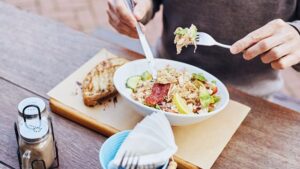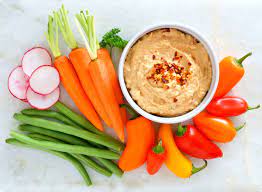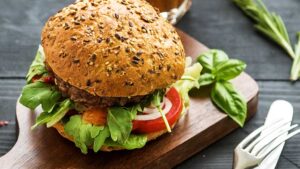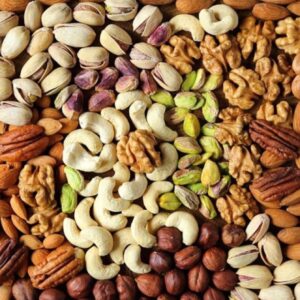What is the meaning of COVID-19?
COVID-19 is a disease caused by a new strain of coronavirus. 'CO' stands for corona, 'VI' for virus, and 'D' for disease. Formerly, this disease was referred to as '2019 novel coronavirus' or '2019-nCoV.'
Coronaviruses are a large family of viruses that are known to cause illness ranging from the common cold to more severe diseases such as Middle East Respiratory Syndrome (MERS) and Severe Acute Respiratory Syndrome (SARS). A novel coronavirus (COVID-19) was identified in 2019 in Wuhan, China. This is a new coronavirus that has not been previously identified in humans.
COVID-19 Symptoms
Fever |
Cough |
Difficulty Breathing |
The symptoms of COVID-19 are similar to other respiratory illnesses including the flu and common cold. COVID-19 symptoms can range from mild to severe. Sometimes people with COVID-19 have mild illness, but their symptoms may suddenly worsen in a few days. Research shows that some symptoms are more likely related to COVID-19 than others.
Key symptoms of COVID-19 include:
-
Fever or chills
-
Cough
-
Loss of sense of smell or taste
-
Difficulty breathing
Other symptoms may include:
-
Sore throat
-
Loss of appetite
-
Extreme fatigue or tiredness
-
Headache
-
Body aches
-
Nausea or vomiting
-
Diarrhea
Children may show symptoms differently than adults. For example, fatigue may show in children as poor feeding, decreased activity, or changes in behaviour.
COVID-19 Prevention
There are many things you can do to prevent the spread of COVID-19 in your community.
Proper hand washing |
Avoid touching your face
Avoid touching your face, eyes, mouth and nose prior to washing your hands. |
Practice good cough and sneeze etiquette
|
Stay home
If you are ill, have symptoms of flu such as a fever or cough, you should stay home. |
Wear a mask if you are sick
If you are not sick, wearing a non-medical mask or cloth face covering while in a public place is an additional measure that people can take to prevent the spread of the coronavirus. Particularly when it is difficult to keep a safe physical distance for an extended period of time - for example, when you are on transit - non medical or cloth face coverings are a good way to protect those around you. There is evidence that the coronavirus may be spread before people realize they have symptoms, and wearing a mask in public may help protect others, especially in situations where physical distancing is difficult to maintain. However, masks are likely to increase the number of times a person will touch their own face (e.g., to adjust the mask). Face coverings keep our own droplets in but may not prevent transmission from others. The best way for you to stay safe is to wash your hands, maintain physical distance from others and keep the provincial guidelines for social interactions top of mind. |
Practice physical distancingMake changes in your routines in order to minimize close contact with others, such:
How to Balance Your Diet During the COVID-19 Pandemic
|
5 Healthy Eating Habits to Fight COVID-19
Let's be clear about something right away: No food has been scientifically proven to specifically fight or prevent COVID-19 so far. The science behind this virus is still being researched and discovered. However, the World Health Organization (WHO) does have some key points regarding healthy eating habits to fight COVID-19, which are all related to strengthening and maintaining a healthy immune system. A healthy immune system is the key to fighting off any virus, including one such as COVID-19.
Here are the healthy eating habits to fight COVID-19 recommended by the WHO.
The WHO states that a healthy immune system is sustained by providing your body with many different nutrients. An easy way to get a variety of vitamins and minerals into your diet is by including fruits and vegetables on your plate during meals.
Some of the best fruits and vegetables for a strong immune system include those with high counts of vitamin C (such as citrus and greens), beta-carotene (orange root vegetables), antioxidants (berries), and vitamin E (avocado). With such a variety of foods, it almost sounds like taking a multivitamin would be an easy supplement to fix the problem.
So do yourself a favor and pile the veggies and fruit on your plate at every meal, and stock up on these 15 Best Frozen Fruits & Vegetables to Keep on Hand.
2. Add whole grains and legumes.
The WHO says that a healthy and balanced diet comes from a variety of foods, including carbs that come from whole grains and legumes. In a study published by The American Journal of Clinical Nutrition, a diet rich in whole grains was proven to positively affect gut health as well as immune and inflammatory markers for adults. By swapping out the refined grains in your diet (white bread, sugary cereal, white pasta) to whole grains (whole grain bread, oatmeal, whole-grain pasta), your gut—and overall immune system—will see a drastic difference during COVID-19.
Legumes are also a great source of complex carbohydrates to incorporate into your diet due to their immune-boosting qualities. According to Everyday Health, because of their high-protein content, legumes (beans, chickpeas, lentils, etc.), are important for building your muscle tissues, and strong muscles are linked to a strong immune system.
3. Snack on nuts.
As we mentioned, vitamin E is an important antioxidant to have in your diet because of its immune-boosting and virus-fighting qualities, and nuts are a huge source of it. According to the Cleveland Clinic, high-fat plant foods will contain rich amounts of vitamin E, which also includes avocados and oils. Because nuts are a calorie-dense food, they are a great snack to consider with your afternoon cup of tea.
Nut butters are also a great source of vitamin E, and when paired with a vitamin-C rich fruit (like apples), it can be an incredible immune-boosting snack to fight COVID-19.
4. Add animal-sourced foods.
According to a study published by The Journal of Nutrition, "animal source foods can provide a variety of micronutrients that are difficult to obtain in adequate quantities from plant source foods alone." These micronutrients include vitamin A, vitamin B-12, riboflavin, calcium, iron, and zinc, which are particularly hard micronutrients to consume when following a vegetarian diet.
A diet rich in all kinds of vitamins and minerals is the best way to strengthen your immune system and ward off any type of disease. The best animal-sourced foods to incorporate in your diet are dairy products, animal by-products (such as eggs), and meat. Especially lean proteins and fish rich in omega-3's.
5.Eat whole foods & keep your diet diverse.
All-in-all, it's best to get those micronutrients by eating whole foods—and a diverse variety! Filling your plate with all kinds of whole foods is the best way to ensure you are getting all of those vitamins and minerals that are needed for a healthy immune system, which is one of the best eating habits to fight COVID-19 by far. Even if the research doesn't point out particular foods to fight COVID-19, the WHO stands by its statement that a diet rich in a variety of nutrients from fruits, vegetables, whole grains, legumes, nuts, and animal-sourced foods is the best way to fight this virus.

5 immune boosters to help keep you healthy amid COVID-19 outbreak
Now more than ever, it's important for your immune system to stay in tip-top shape during the COVID-19 pandemic. One of the best ways to stay healthy is by maintaining a nutritious diet.
Vitamin A (Beta Carotene)
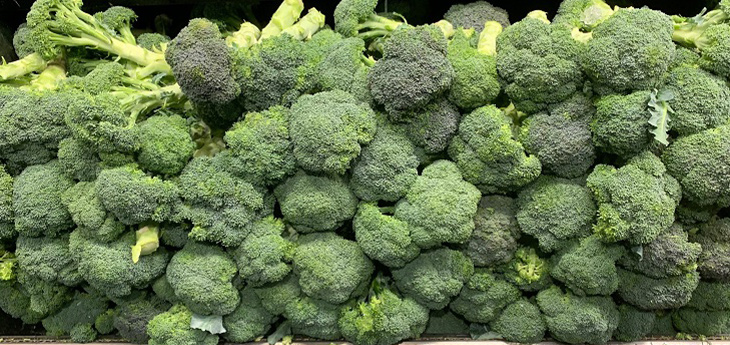
Pic Courtesy : hasnainzaki.com
This vitamin assists with the health of your intestines and respiratory system. Vitamin A-rich foods include carrots, sweet potato, spinach, broccoli and red bell peppers.
Vitamin C
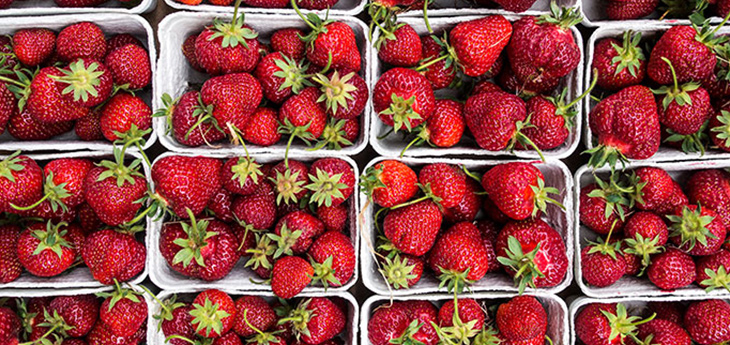
Pic Courtesy : hasnainzaki.com
Vitamin C helps stimulate the formation of antibodies. Citrus fruits, strawberries, red bell pepper and kiwi are all rich in vitamin C.
Vitamin E
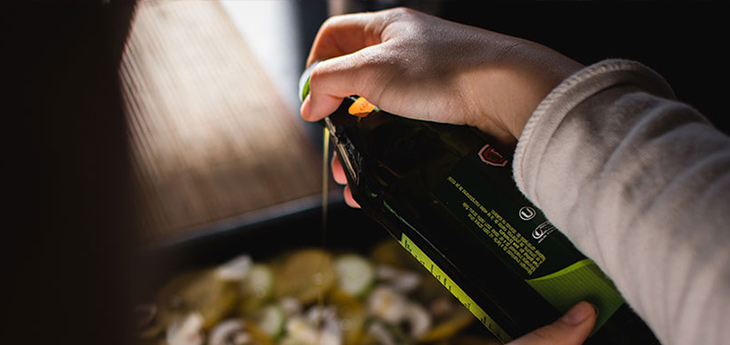
Pic Courtesy : hasnainzaki.com
This nutrient promotes the neutralization of free radicals by working as an antioxidant. Foods full of vitamin E include vegetable oils, nuts, seeds and avocado.
Zinc
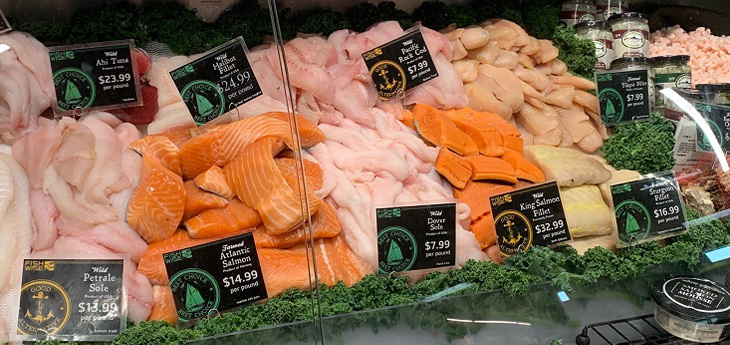
There are many zinc-dependent enzymes in our body and deficiency has been linked with immune dysfunction. Zinc-rich foods include beans, seeds, nuts, meat, poultry and seafood.
Protein
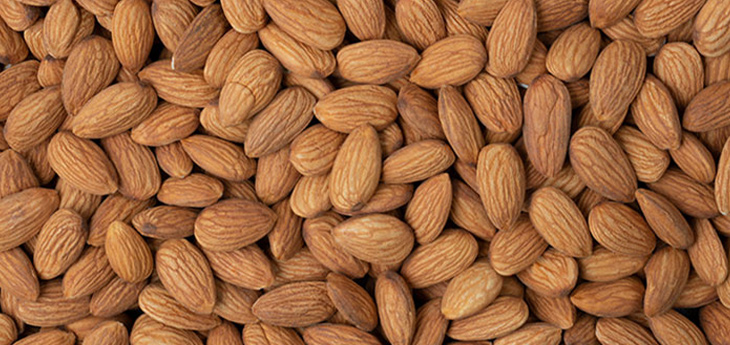
Pic Courtesy : hasnainzaki.com
Specific amino acids found in protein are essential for T-cell function, which are cells that protect the body against pathogens. Meats, poultry, seafood, eggs, beans, nuts and seeds all have lots of protein.
These nutrients have been shown to help your immune system work most efficiently and effectively, but too much of a good thing can be harmful. Eat these nutrients in moderation and don’t go overboard. If you eat too many carrots, you may just turn orange! As always with preventing the spread of illness, wash your hands frequently.
Disclaimer :
Any action you take upon the information on this website is strictly at your own risk, and we will not be liable for any losses and damages in connection with the use of our website. The website founder urges the website visitor to check with a qualified dietician or health professional before using any procedure whose appropriateness may be of concern.
![]() www.hasnainzaki.com
www.hasnainzaki.com
Copyright © 2018 Hasnain Zaki. All Rights Reserved.












 Cereals: Corn tortillas, whole-grain English muffins, bagels, wraps, frozen whole wheat waffles.
Cereals: Corn tortillas, whole-grain English muffins, bagels, wraps, frozen whole wheat waffles.
